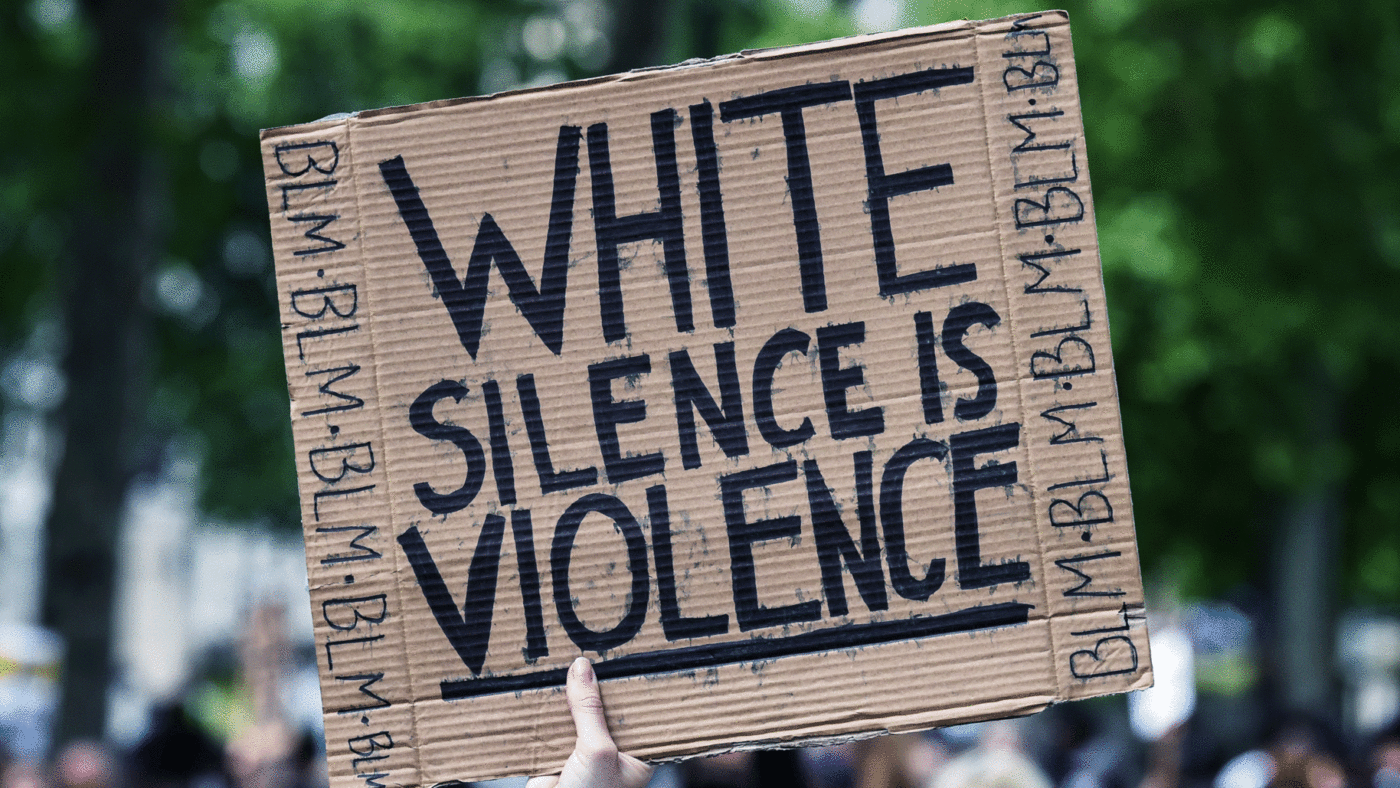In Britain’s ever-raging race relations debate, one important element continues to be largely unremarked – the level of racism between and within British ethnic minorities.
Socially liberal white Brits – whether out of ignorance about everyday life in diverse areas, or due to paralysing political correctness – often apply a reductive ‘white versus non-white’ framework to discussions on community cohesion. Leading figures in what I call the ‘grievance-industrial complex’, a social infrastructure which peddles a crude view of race relations in Britain, may be well aware of racial discrimination within the broader non-white population, but tend not to discuss it much, presumably because inter-ethnic tensions sit uncomfortably with an overarching narrative of ‘white privilege’.
The reality is that some of the sharpest tensions in modern-day Britain are between ethnic (and religious) minorities. A report published last year by Hope Not Hate, which focused on the socio-political attitudes of British minorities, offered much food for thought over the complexities of race relations and social cohesion in our country. The survey found that twice as many ethnic-minority people agree (40%) than disagree (21%) that there is more tension between Britain’s different minority communities than between white and non-white groups. This was followed up by a January 2021 poll from ICM Unlimited, which found that 8% of black Britons had experienced racial discrimination in the past year at the hands of another black person (with 6% reporting racism from an Asian individual).
These polls point to an uncomfortable truth for the social justice brigade – that there are impactful forms of racism in the UK which do not involve white British people at all. Mainstream politicians must take particular care not to inflame tensions between different groups, which is unfortunately what we saw in the distinctly unsavoury recent by-election in Batley and Spen (and which I wrote about for CapX here).
Discrimination exists not just between but also within some ethnic groups. Among the most psychologically damaging phenomena is ‘colourism’ – the favouring of lighter-skinned members of the same racial and ethnic group. It has a major impact in both the UK and other countries, but remains relatively undiscussed, let alone challenged, here in Britain.
Within certain South Asian communities, colourism has a long history, with ties to the caste system and social hierarchies. The uncompromising celebration of fairer skin in South Asian communities is at times even reflected in parental preferences when considering potential spouses for their children. The degree of trauma – experienced particularly by darker-skinned women living under patriarchal community structures where colourism is well and truly alive – is something which ought to be better recognised in mental health services in more diverse parts of Britain.
Another concerning development in recent times has been the growth of divisive and marginalising ‘race traitor’ narratives – especially on social media platforms such as Twitter. The aggressive re-racialisation of British social relations has seen a rising tendency for people’s racial and ethnic ‘authenticity’ to be questioned. To suggest that Britain is not plagued by endemic racism leaves a non-white person vulnerable to the accusation of being a ‘sell-out’ who craves ‘white acceptance’. This is certainly the experience for many traditional-minded black Britons who refuse to subscribe to the identitarian script and take a broadly positive view of matters of equality in this country.
An equally worrying related trend is the framing of socio-economic success and aspirational attitudes as markers of “whiteness” and support for the structures of ‘white supremacy’. It suits a certain brand of identitarian leftist to insist that ethnic minority Brits live in a perpetual state of victimhood and oppression thanks to ‘structural racism’ – no matter what the actual evidence in terms of academic or economic achievement.
Nor has the cause of racial harmony been advanced by the emergence of the Black Lives Matter movement. BLM may have been championed by social justice activists across different sectors, but the public views its rise on our shores rather differently. A November 2020 poll by Opinium found that 55% of the public – including a plurality of ethnic minority Britons – believed that BLM had increased racial tensions.
The BLM-inspired explosion of racial grievance politics not only unfairly vilifies the generally tolerant and fair-minded white British mainstream – it has also fed into racial discrimination between and within Britain’s ethnic minorities. While far-right ethnonationalists have correctly been identified as a serious threat to community relations, we should not be complacent over the dangers posed by far-left identitarians who are responsible for fracturing ethnic-minority communities.
It’s these fringe activists who represent the biggest threat to social cohesion in the UK – they must never be allowed to control the narrative on matters of race and identity.
Click here to subscribe to our daily briefing – the best pieces from CapX and across the web.
CapX depends on the generosity of its readers. If you value what we do, please consider making a donation.


